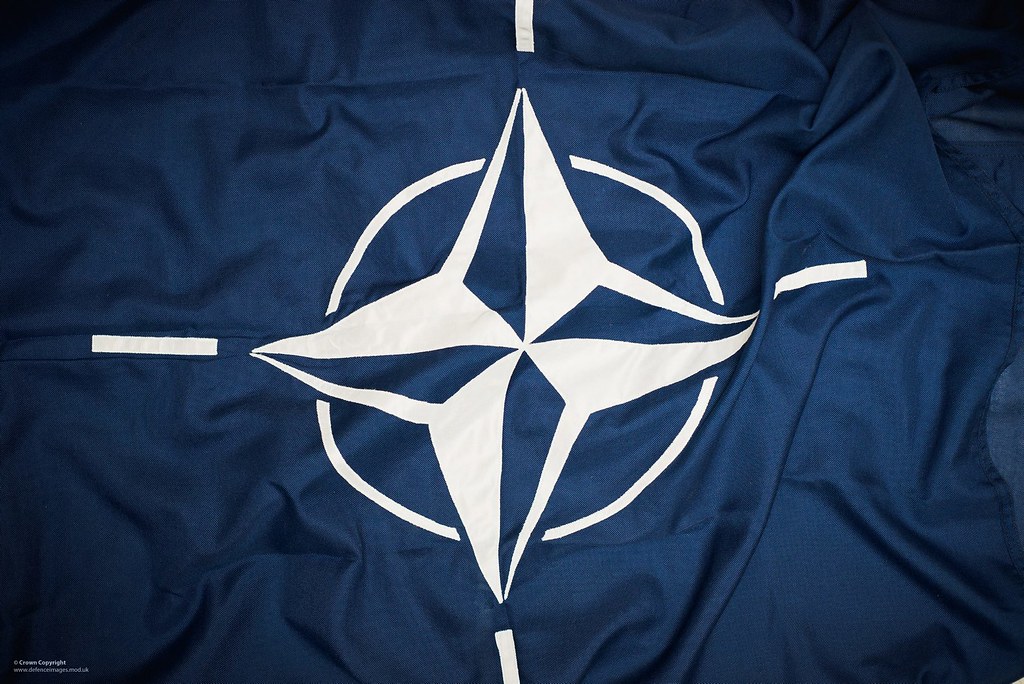„It is crucial for the entire NATO and Poland to build the ability to repel conventional and hybrid aggression,” Michał Piekarski, PhD., tells BiznesAlert.pl in response to the news that Germany is exercising a scenario where Russia attacks NATO’s eastern flank, including Poland.
The Bild daily has obtained documents of the German armed forces that include a scenario where Russia attacks NATO’s eastern flank in 2025. Poland would become the target of a provocation to justify an attack by the Russians.
„In this hypothetical scenario, it is plausible that Russia might attempt an invasion without undergoing the necessary rebuilding and restructuring of forces following the conclusion or suspension of the conflict in Ukraine,” Michał Piekarski, PhD., from the University of Wrocław and the Polish National Security Society told BiznesAlert.pl. „Suffice it to say that before the current large-scale air strikes in Ukraine, we have been observing a reduction in their intensity for months. Russia has amassed a stockpile of missiles to proceed with several series of attacks. Before the war with NATO it would do the same, only for longer because there are more targets to attack and the defense will be more effective,” the expert explained.
„It is crucial for the entire NATO and Poland to build the ability to repel conventional and hybrid aggression,” our interlocutor stressed. „This encompasses broadening air defense capabilities, enhancing the qualitative strength of ground forces—particularly in artillery and anti-tank weaponry—and constructing formidable naval forces, both surface and subsurface. Even now, even with only European countries and modest U.S. support, Russia would have many obstacles to overcome,” he said.
„In addition, an important element of deterrence is the strengthening of the eastern flank of the alliance, that is, the development of battalions into brigades. This means that in the event of a crisis, it will not be necessary to transfer large reinforcement forces, because they will already be there and will only increase the cost of a possible attack,” Piekarski advised. „Of course, one can not lose sight of hybrid activities. They will likely be used more frequently and forcefully as they provide an opportunity to influence NATO countries below the threshold of conventional conflict and are simply cheaper by several orders of magnitude,” he summed up.
The Bild daily reported that the Bundeswehr had drafted a confidential document outlining scenarios for the unfolding of events following a potential halt in the war in Ukraine, titled „The Path to Conflict.” It shows that Russia may be preparing for an attack under cover and then openly attack NATO’s eastern flank.
The first undercover strike would take place in July 2024 in the event of a successful offensive in Ukraine. Russians would reportedly employ hybrid warfare, spearheaded by cyberattacks directed against the Baltic states, for this purpose. Then Russia and Belarus would conduct military exercises. In October 2024, there would be an escalation and deployment of medium-and long-range missiles in the Kaliningrad region.
The report suggests that in December 2024 there would be clashes in the Suwałki Gap on the border of Poland, Lithuania and Belarus. A new border crisis with fatalities would become a pretext for the Russians to announce at the United Nations that the West was preparing an attack on Russia. In response to the appeal of Poland and Lithuania in January 2025, NATO would send 300,000 troops to the eastern flank, including 30,000 from the Bundeswehr. The Bild stresses that the report does not determine whether these measures would deter the Russians.
The Russian side rejects suggestions of a planned attack on NATO. Vladimir Putin dismissed as „complete nonsense” Joe Biden’s suggestion from December 2023 that if Russia succeeds in Ukraine, it would prepare an attack on NATO. However, it is worth recalling that the Russians until the very beginning of the invasion of Ukraine maintained that they had no such plans.
Compiled by Wojciech Jakóbik









